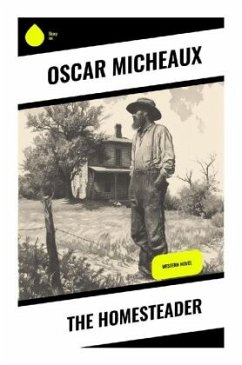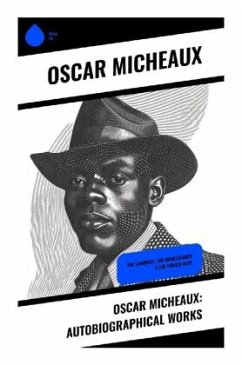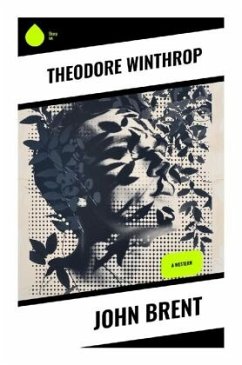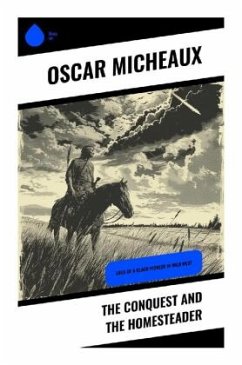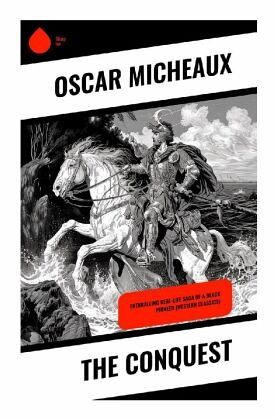
The Conquest
Enthralling Real-Life Saga of a Black Pioneer (Western Classics)
Versandkostenfrei!
Versandfertig in 6-10 Tagen
10,90 €
inkl. MwSt.

PAYBACK Punkte
0 °P sammeln!
In "The Conquest," Oscar Micheaux intricately weaves a narrative that explores the complexities of African American identity and the socio-political landscape of the early 20th century. Through a blend of realism and melodrama, Micheaux captures the struggles of his protagonist, a Black man grappling with issues of class, race, and self-determination. His literary style is marked by a vivid use of dialogue and an unflinching portrayal of the systemic oppression faced by African Americans, positioning the novel within the larger context of the Harlem Renaissance, where artists began to challeng...
In "The Conquest," Oscar Micheaux intricately weaves a narrative that explores the complexities of African American identity and the socio-political landscape of the early 20th century. Through a blend of realism and melodrama, Micheaux captures the struggles of his protagonist, a Black man grappling with issues of class, race, and self-determination. His literary style is marked by a vivid use of dialogue and an unflinching portrayal of the systemic oppression faced by African Americans, positioning the novel within the larger context of the Harlem Renaissance, where artists began to challenge societal norms and assert their identity. Oscar Micheaux, a trailblazing figure in American literature and film, drew from his own experiences as the son of former slaves. His unique perspective as a Black entrepreneur and filmmaker shaped his narratives, often reflecting the tensions and triumphs found within the African American community. His commitment to self-representation and cultural authenticity is evident in "The Conquest," showcasing his desire to give voice to the marginalized and provide a counter-narrative to the prevailing stereotypes of his time. I highly recommend "The Conquest" to readers interested in exploring the intersections of race, empowerment, and the quest for dignity in a society rife with injustices. Micheaux's groundbreaking work not only enriches the African American literary canon, but also invites contemporary audiences to reflect on ongoing issues of race and identity.



